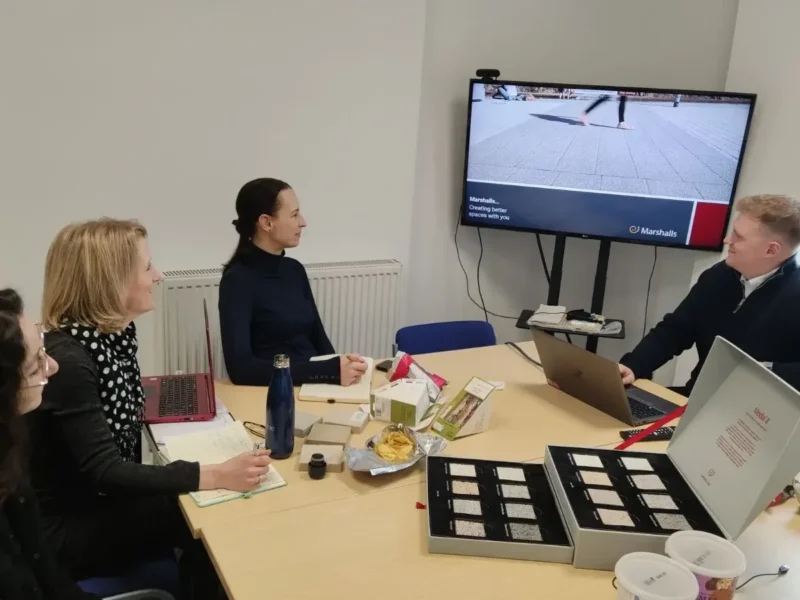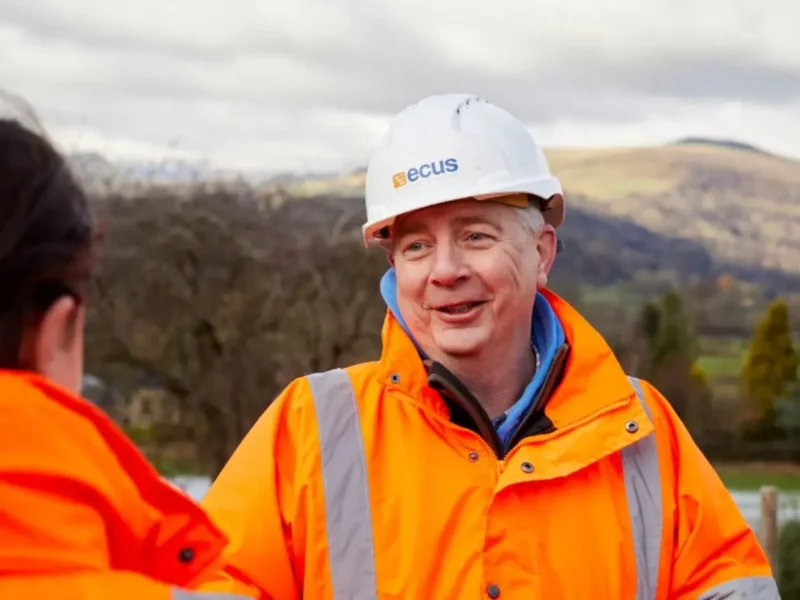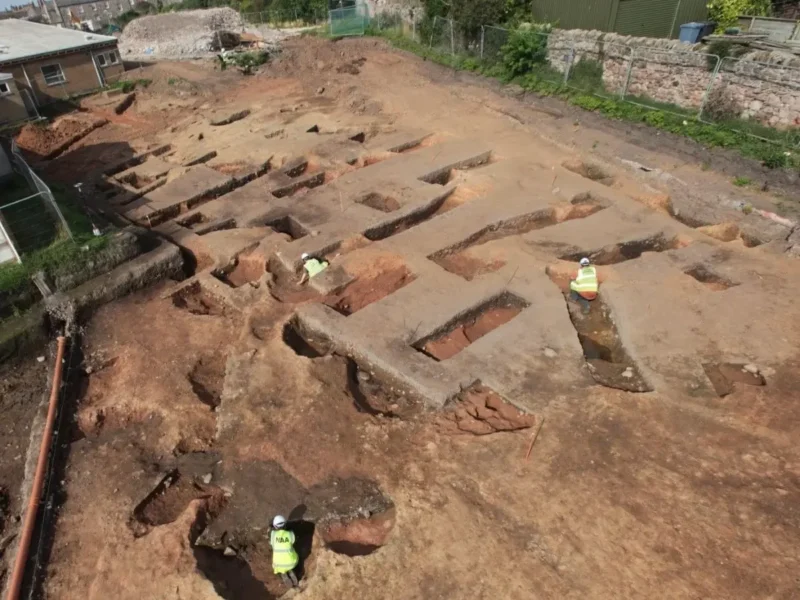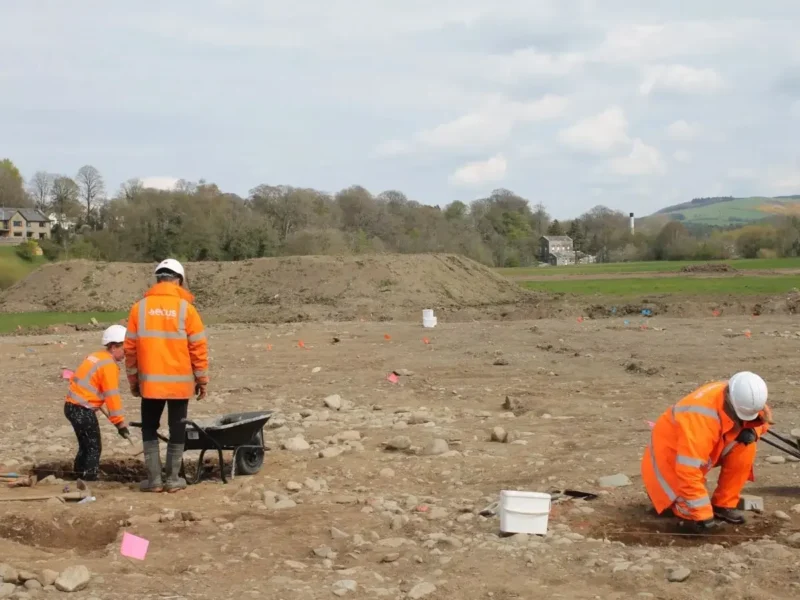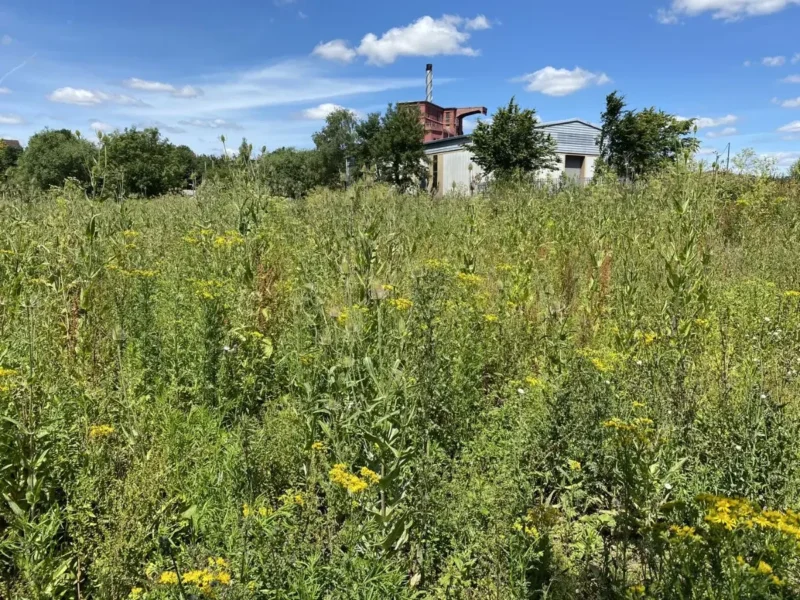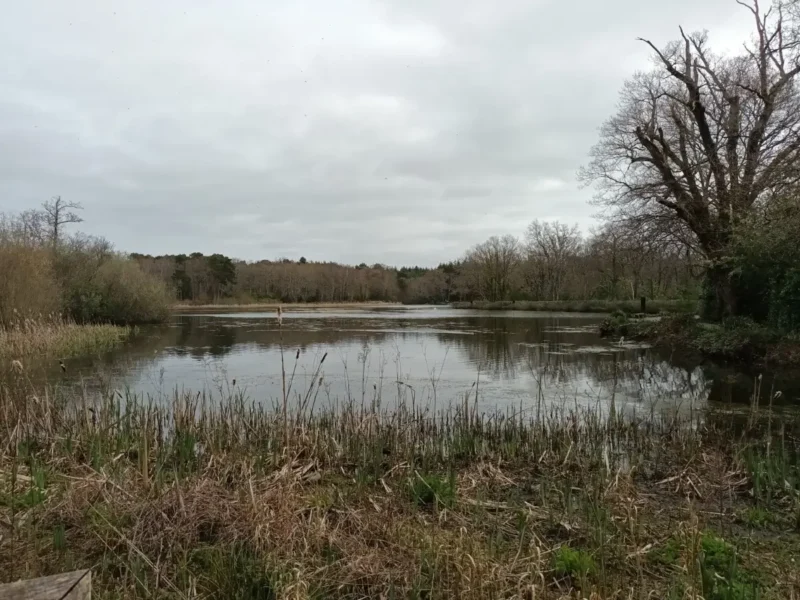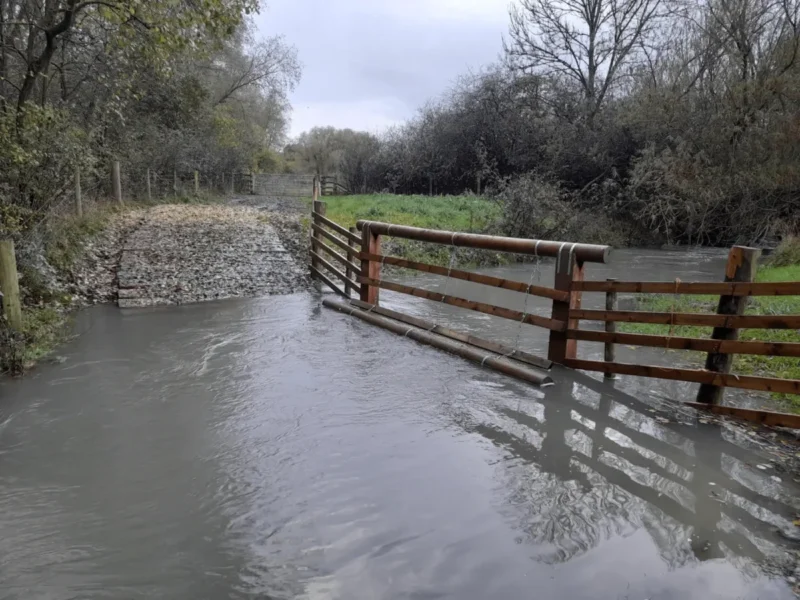Cura Terrae sponsors CIEEM 2025 Awards Luncheon
17th June 2025
We are thrilled to announce Cura Terrae’s sponsorship of the drink's reception at the prestigious CIEEM 2025 Awards Luncheon!
International Day of Education – How and why Cura Terrae supports educational opportunities
24th January 2025
Our Head of Landscape, Kristina McKie, discusses the International Day of Education and how Cura Terrae Land and Nature supports educational opportunities.
Ecus rebrands as Cura Terrae
6th January 2025
Today marks an exciting milestone for Ecus as we officially transition to our new identity as Cura Terrae.
Ecus to rebrand as Cura Terrae in January 2025
28th October 2024
We are excited to inform you of an important upcoming change. In January 2025, Ecus will rebrand as Cura Terrae, marking the completion of our integration into Cura Terrae.
Cura Terrae Land and Nature demonstrates high standards with IEMA EIA Quality Mark
3rd October 2024
Our Environmental Assessment and Consenting team are pleased to announce that we have passed IEMA’s EIA Quality Mark compliance review following our recent renewal application.
Looking at 40 years of habitat creation: An Interview with Iain Weston
15th August 2024
We spoke to Iain Weston, who has dedicated years to crafting environments that sustain and enhance biodiversity, to learn more about habitat creation.
Ecus archaeologists take part in Winckelmann Cup
25th June 2024
Over the past weekend a handful of Ecus archaeologists participated in the annual Winckelmann Cup football tournament, representing Mam Tor Town FC.
Archaeological round-up of Berwick-upon-Tweed Infirmary
3rd November 2023
Our archaeologists collaborated with Northumbria Healthcare NHS Foundation Trust as part of the redevelopment of Berwick-upon-Tweed Infirmary.
Ecus Landscape welcomes Taima Al Bahri
30th October 2023
Assistant Landscape Architect, Taima Al Bahri, reflects on her first month at Ecus.
Broomlands excavation reveals Roman fort’s vicus life
24th July 2023
Unearthing Roman treasures - Archaeological discoveries at Broomlands, Cockermouth, reveal Roman civilization and vicus life.
Ecology teams see beaver biodiversity project in action
14th June 2023
Our Ecology teams had a joint training trip at Delamere Forest on 4th May, for a tour led by Cheshire Wildlife Trust to see and learn about the beavers there.
We’re working with Network Rail to reduce flooding at Hele in Devon
13th April 2023
Ecus worked with Network Rail to conduct a BNG assessment and make plans for flood reduction in the Hele area - read on to find out how.
Working with Devon County Council to improve Stover Country Park
20th March 2023
Ecus worked with Devon County Council to improve Stover Country Park – delivering Ecological Impact Assessment, SSSI assessment, and Biodiversity Net Gain.
We worked with Derbyshire Wildlife Trust to create a nature-friendly ford
14th February 2023
Our Habitats team designed and constructed a nature-friendly ford at Woodside Farm, Derbyshire.
Ecus welcomes Olly Good – Associate Director of Archaeology
24th January 2023
Olly Good joins our team in the south as Associate Director, to develop our archaeology services and grow our existing team.



